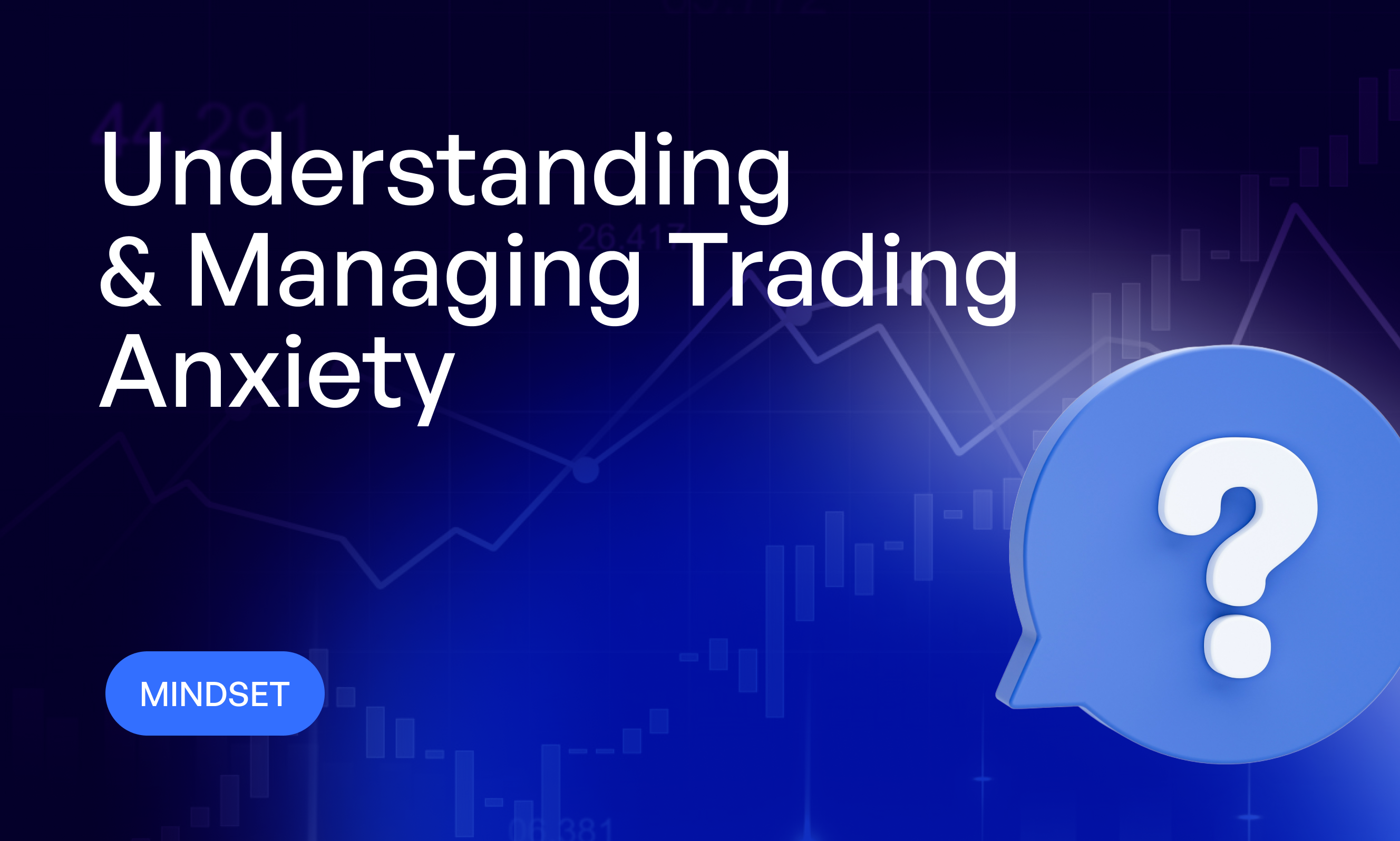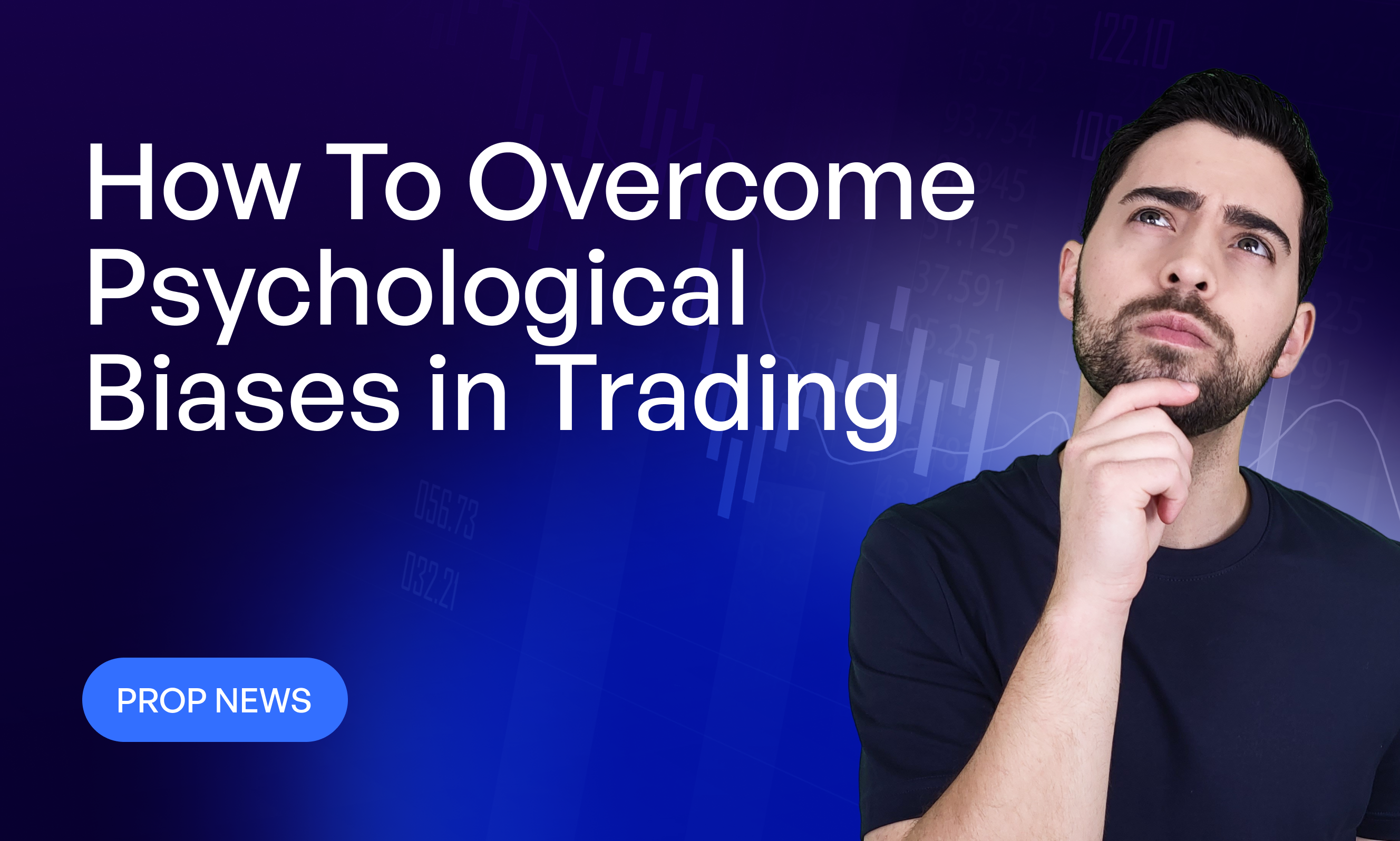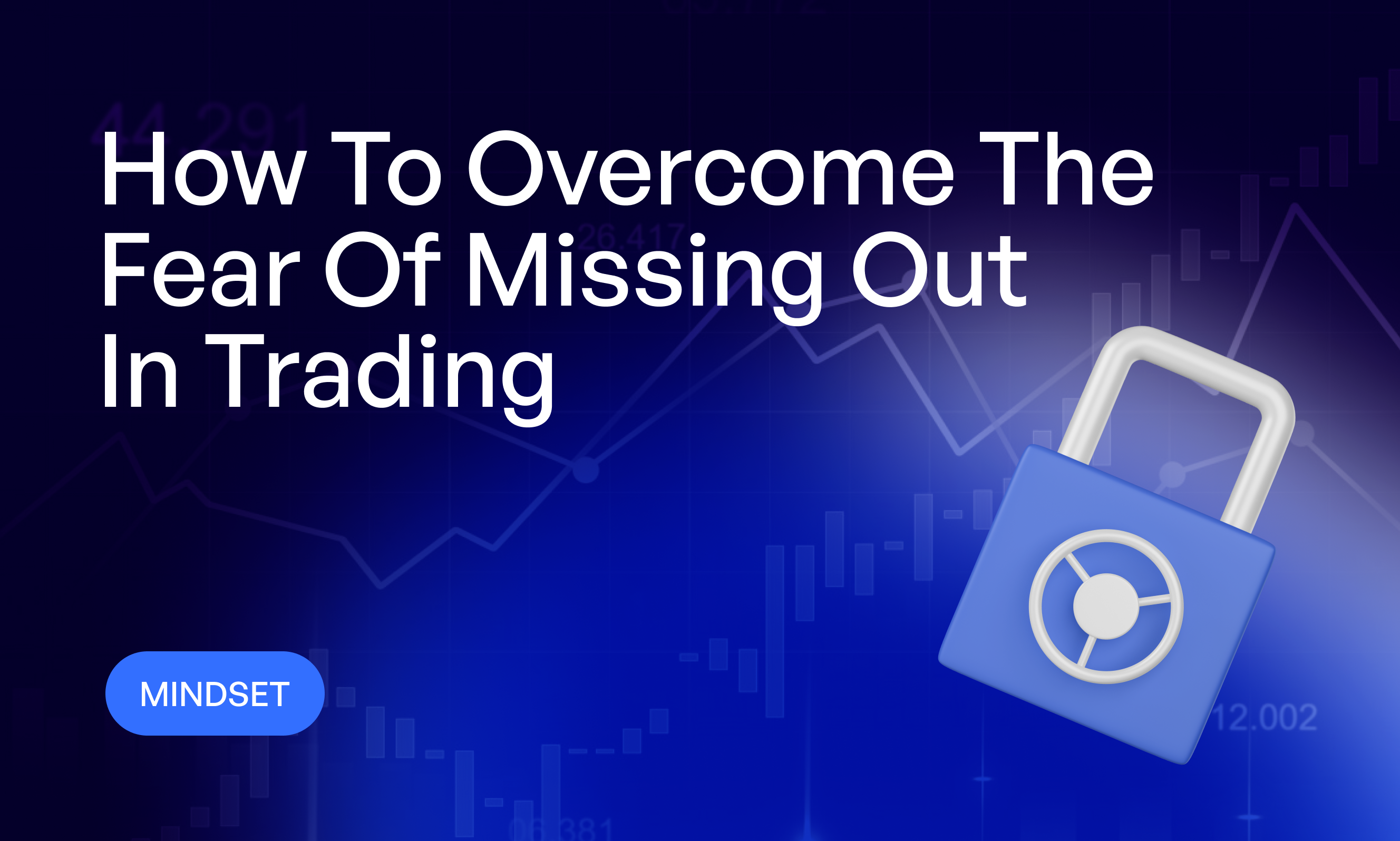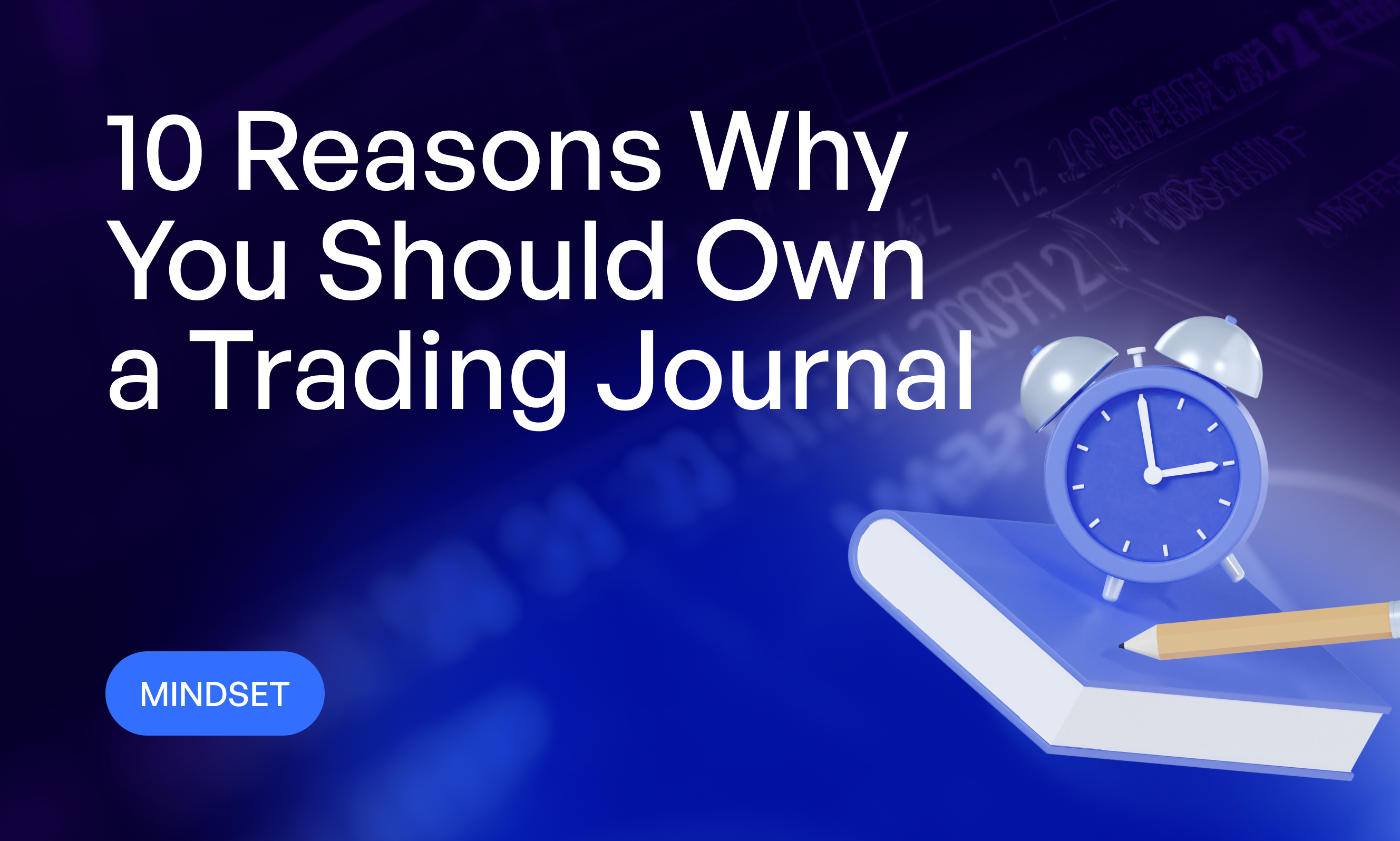
Understanding and Managing Trading Anxiety
Trading in financial markets can be both exhilarating and nerve-wracking. The prospect of making significant profits is enticing, but the inherent risks can also lead to anxiety. Trading anxiety is a common phenomenon that affects many traders, regardless of their experience level. Understanding what trading anxiety is, what causes it, and how to manage it can help traders make better decisions and maintain their mental well-being.
What is Trading Anxiety?
Trading anxiety refers to the emotional distress and nervousness that traders experience before, during, or after making trades. This anxiety can manifest as excessive worry, fear of loss, or an overwhelming sense of uncertainty about the market’s movements. It’s a form of performance anxiety where the trader’s fear of making mistakes or losing money negatively impacts their ability to trade effectively.
Causes of Trading Anxiety & How to Manage Them
Several factors contribute to trading anxiety, including:
Unrealistic Expectations
Many newbie traders fall prey to the idea of living a glamorous lifestyle with instant success. The reality is that it often takes years or even decades of hard work to achieve significant success in trading. Unrealistic expectations can set traders up for disappointment when they fail to meet their overly ambitious goals.
Instead, piece together reasonable trading goals and a more realistic outlook based on the amount of time, effort, training, and capital needed to stay profitable.
Avoid comparing yourself to other traders and turn your focus into creating your trading “business plan” that takes your own resources and constraints into account.
Fear of Loss
The possibility of losing money is a primary source of anxiety. Traders often fear that a wrong decision could result in substantial financial losses.
To manage this fear, developing a solid trading plan is crucial. A trading plan provides a clear strategy, including entry and exit points, and sets risk management rules that limit potential losses. Implementing strict risk management, such as setting stop-loss orders and capping the amount of capital per trade, helps control potential losses. Accepting that losses are part of the trading process and not a reflection of personal failure can also reduce the fear of loss.
Lack of Self-Control
Even with a solid trading strategy, sticking to the plan can be challenging. The temptation to deviate from the strategy in response to market movements can lead to impulsiveness, overtrading, and fear of missing out (FOMO). FOMO can result in taking unplanned trades and experiencing multiple drawdowns, further increasing anxiety.
To improve self-control, practice discipline by committing to follow your trading plan strictly. Limiting yourself to a set number of trades per day or focusing on one high-quality trade can help enforce discipline.
Additionally, keeping a trading journal to reflect on your decisions and emotions can help identify patterns and improve future discipline. Some trading psychologists even suggest concentrating on making just one good trade per day to further develop your discipline and focus.
Lack of Self-Trust
On the other end of the spectrum, a lack of self-trust can also be a significant source of anxiety. Relying too heavily on trading gurus or copying setups from others without understanding the rationale behind them can erode your confidence.
Building self-trust involves developing your own trading strategies and gaining confidence through practice and experience. While guidance from mentors and trading coaches can be valuable, it’s crucial to gradually shift towards making independent decisions. Trusting your ability to analyze the market and execute trades will reduce anxiety and help you become a more self-reliant trader.
Recognize that it’s important to identify the root causes of your anxiety. Psychologist Créde Sheehy-Kelly emphasizes the need to distinguish between anxiety triggered by trading-related stress and more general mental health issues. If the anxiety is pervasive and affects other areas of your life, seeking help from a mental health professional may be necessary.
Lack of Knowledge
A limited understanding of market dynamics and trading strategies can lead to uncertainty and anxiety. Without sufficient knowledge, traders may second-guess their decisions and fear making mistakes.
To alleviate this anxiety, invest time in continuous education. Attend seminars, read books, and stay updated with market news to enhance your understanding of trading. Practice your strategies in demo accounts to build confidence without risking real capital. The more knowledgeable you become, the more secure you will feel in your trading decisions.
Conclusion
Trading anxiety is a natural response to the challenges and uncertainties of financial markets. By understanding its causes and implementing effective management strategies, traders can mitigate anxiety and improve their overall performance.
Developing a solid trading plan, setting realistic expectations, practicing risk management, increasing market knowledge, and using mindfulness techniques are all vital steps toward managing trading anxiety. Remember, the goal is not to eliminate anxiety entirely but to manage it in a way that does not hinder your trading success. Regularly assessing your mental well-being and taking breaks when needed will help you maintain a healthy and productive trading mindset.











